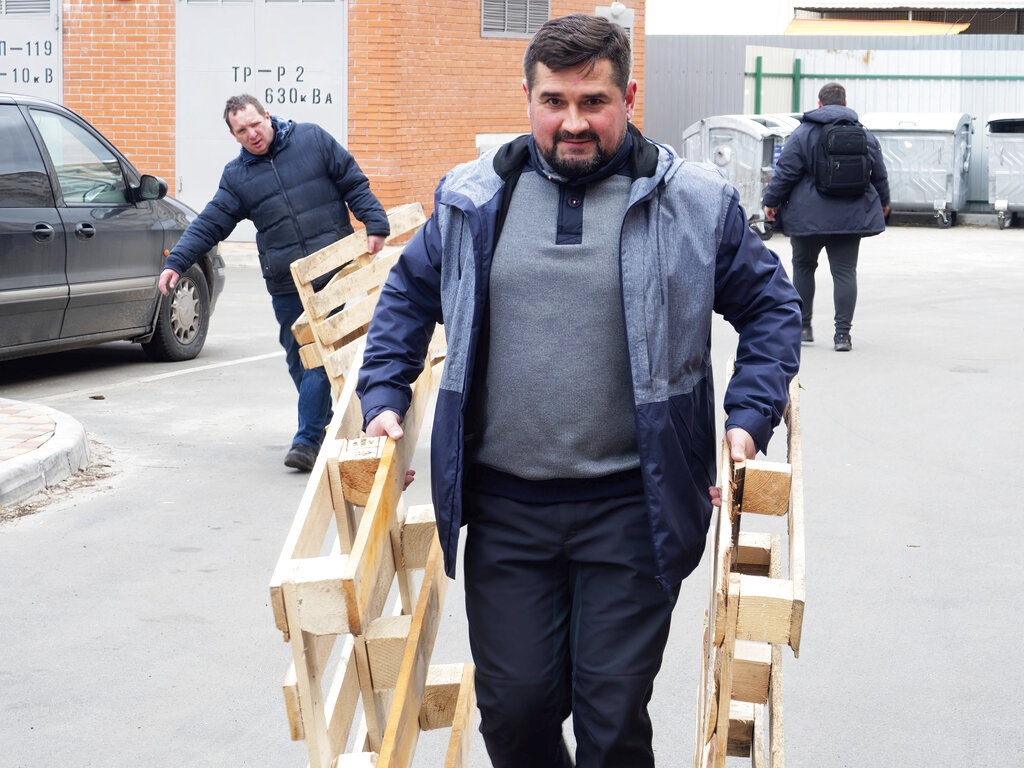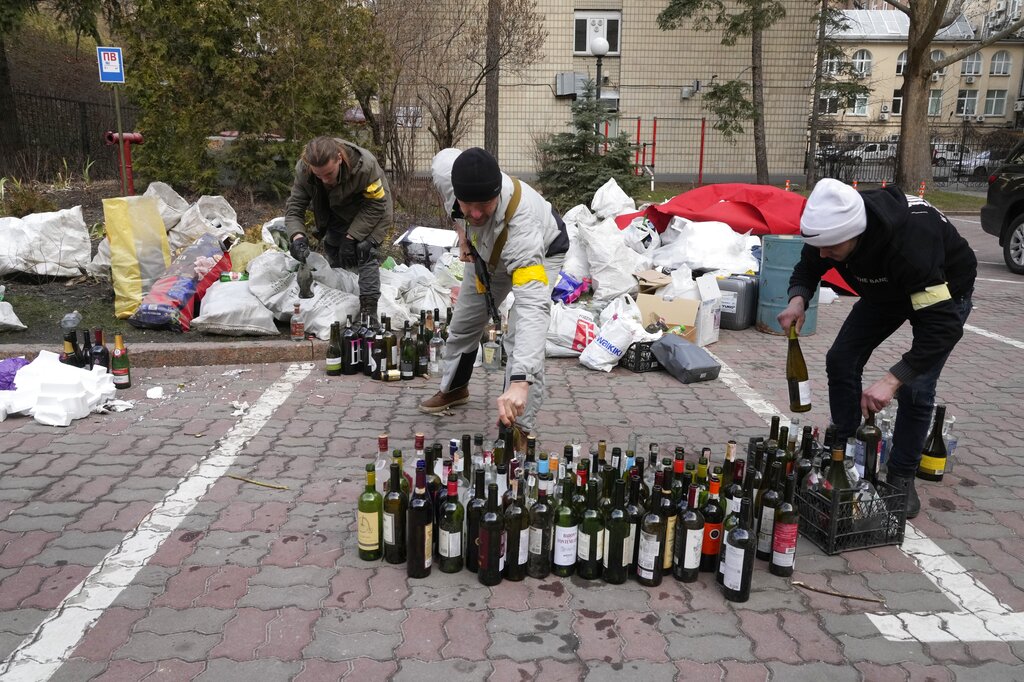A Ukrainian delegation will meet with Russian officials near the Belarusian border, Ukrainian President Volodymyr Zelensky’s office confirmed Sunday without providing additional details. The announcement comes one day after Zelensky rejected an offer to hold talks in Belarus, saying the country is not neutral territory because Moscow carried out part of its assault from there on Thursday.
News of the meeting came after Russian President Vladimir Putin ordered Russian nuclear forces to be put on high alert in response to what he called “aggressive statements by NATO powers.”
Gunfights and hand-to-hand combat raged on in several Ukrainian cities Sunday morning, with rocket attacks striking the country’s capital of Kyiv.
Ukraine’s military and civilians fighting to save their capital city have successfully resisted the Russian invasion for four days, refusing to give up control of Kyiv.
PUTIN ORDERS NUCLEAR DETERRENT FORCES ON ALERT AMID GROWING TENSIONS
Zelensky, who is still in Kyiv, said his country’s fighters had “withstood and successfully repelled enemy attacks” but warned that the worst was still to come.

Ukraine’s armed forces, backed by citizen soldiers, said Sunday that they were targeting Russian supply lines in an attempt to slow advancing forces by depriving them of “timely replenishment of fuel and ammunition.”
For their part, Russian forces blew up a gas pipeline in the northeastern city of Kharkiv and an oil depot in Vasylkiv, a town southwest of Kyiv.
The explosion at the pipeline in Ukraine’s second-largest city could cause an “environmental catastrophe,” warned Ukraine’s State Service of Special Communication and Information Protection. Ukrainians were advised to cover their windows with damp cloth or gauze. Residents in the Kyiv region were told to keep their windows shut because of the blaze at the oil depot in Vasylkiv.
Sunday also saw deadly street fighting break out in the center of Kharkiv as Russian troops forced their way in, said Oleh Synehubov, the head of the Kharkiv Regional State Administration. Residents there were urged to shelter in place and not to travel anywhere.
WATCH: RUSSIAN SOLDIERS SEEN IN UKRAINE WITH DEVASTATINGLY LETHAL FLAMETHROWERS
In a Facebook post, Synehubov wrote, “The Russian enemy’s vehicles advanced into the city of Kharkiv. Including the central part of the city. Warning! Do not leave your shelters!”
Russian troops have now moved into Ukraine from the north, south, and east. Russian successes elsewhere in the country stood in sharp contrast to the trouble they’ve having in Kyiv, where residents and soldiers have put up a very strong resistance as they wait for reinforcements.
Those who chose to stay and fight for their country have used makeshift weapons and flocked to the internet to learn how to make Molotov cocktails.

Despite some staying, there have also been reports of a mass exodus.
The United Nations said Saturday that more than 150,000 Ukrainians had fled.
Ukraine’s health minister said 198 Ukrainians, including three children, have been killed in the fighting, and more than 1,000 have been wounded.
Russia’s assault of its neighboring country triggered a surge of calls for Western allies to cut Russia off from the global financial system by kicking it out of SWIFT, the Society for Worldwide Interbank Financial Telecommunication. SWIFT is the financial messaging infrastructure that links the world’s banks. Late Saturday, the United States, United Kingdom, Canada, and the European Union agreed to block some Russian banks from the network, part of a series of measures aimed at undermining Russia’s economy and finances.
Business magnate Elon Musk responded to a plea from a Ukrainian official and tweeted Saturday that the Starlink internet service that his company SpaceX provides from its orbital satellite constellation is up and running in the war-torn country and that more ground terminals are on the way.
Germany said Saturday night that it would be sending weapons and supplies directly to Ukraine, including 1,000 anti-tank weapons and 500 “Stinger” surface-to-air missiles, “as quickly as possible.” Germany will also send 14 armored vehicles and up to 10,000 tons of fuel to Ukraine.
“The Russian invasion of Ukraine marks a turning point. It threatens our entire post-war order,” German Chancellor Olaf Scholz said in a statement. “In this situation, it is our duty to help Ukraine, to the best of our ability, to defend itself against Vladimir Putin’s invading army.”
The news was welcomed by Zelensky, who tweeted praise for Scholz: “Keep it up, Chancellor @OlafScholz! Anti-war coalition in action!”
Germany has just announced the provision of anti-tank grenade launchers and stinger missiles to Ukraine. Keep it up, Chancellor @OlafScholz! Anti-war coalition in action!
— Володимир Зеленський (@ZelenskyyUa) February 26, 2022
Other nations, including the U.S., are also coming to Ukraine’s defense.
Late Friday, the U.S. announced it would be sending $350 million in aid to Ukraine, totaling $1 billion in security assistance since President Joe Biden took office.
Pentagon press secretary John Kirby said the additional “aid” includes “anti-armor, small arms, and various munitions, body armor, and related equipment.
CLICK HERE FOR MORE FROM THE WASHINGTON EXAMINER
Italy pledged it would send nonlethal military equipment such as de-mining equipment and protective devices for soldiers. France also came through with about 100 million euros worth in arms, including short-range defensive missiles.

